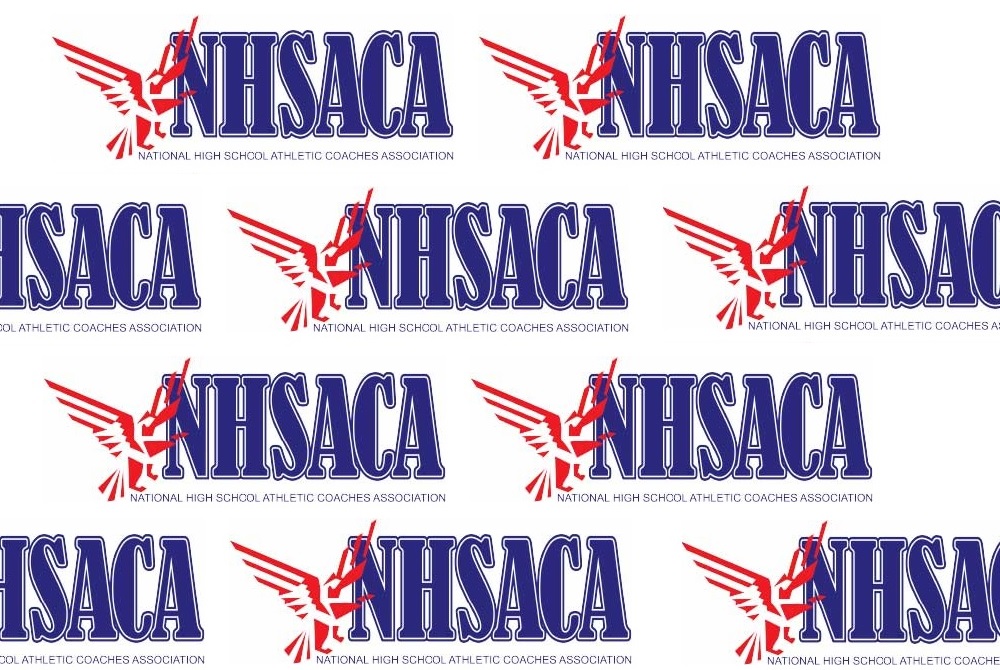
Educating for Educational Athletics
October 11, 2013
Michigan’s educational tradition of local control (which the MHSAA has respected) and Michigan educators’ distaste for unfunded mandates (which the MHSAA has consistently opposed) have had the result of keeping Michigan schools in neutral while schools in many other states have been in high gear to enhance training for interscholastic coaches.
Multiple levels of coaching education and even licensing or certification of coaches is now standard operating procedure in many other places. In contrast, Michigan has had almost no requirements for school-sponsored coaches.
However, in measured steps, change is coming to Michigan to promote an interscholastic coaching community better equipped to serve student-athletes, with special attention to health and safety:
-
As a result of an MHSAA Representative Council vote last March, all high school level assistant and subvarsity coaches must complete the same rules and risk minimization meeting requirement as high school varsity head coaches or, in the alternative, must complete a free health and safety course linked to or posted on MHSAA.com. This takes effect in 2014-15.
- In December, the Representative Council will vote on a proposal to require all high school varsity head coaches to hold valid (current) CPR certification. This would take effect in 2015-16.
- In March, the Council will vote on a proposal to require all persons who are hired for the first time as an MHSAA member high school varsity head coach after July 31, 2016, to have completed Level 1 or 2 of the MHSAA Coaches Advancement Program.
Implementing these policies over the next three years will not advance Michigan schools to the head of the class with respect to assuring school coaches receive ongoing education in the critical coaching responsibilities dealing with participants’ health and safety. This will, however, move our schools from a near failing grade to average, from D- to perhaps C.
Ultimately, we will need to overcome legitimate concerns for adding to the difficulty of finding and affording coaches, and do much more to assure the programs we sponsor deserve the label “educational athletics.”

Pair of Michigan School Sports' Best Receive National Accolades
By
Geoff Kimmerly
MHSAA.com senior editor
August 4, 2021
A pair of longtime and significant contributors to school athletics in Michigan have been recognized nationally as the best in their respective fields by the National High School Athletic Coaches Association.
Battle Creek St. Philip volleyball coach Vicky Groat was named national Coach of the Year in her sport, while recently-retired administrator Fred Smith was named national Athletic Director of the Year by the NHSACA.
Both were nominated for the national recognition by the Michigan High School Coaches Association. They received their awards at last week’s NHSACA Annual Conference in Lincoln, Neb.
Groat last season led St. Philip to the Division 4 championship, the program’s 11th Finals title with her as head coach. She ranks sixth in MHSAA history with 1,177 coaching wins (1,177-275-93) over 22 seasons. She also serves as principal and athletic director at her school.
Smith served 38 years total as a teacher, coach and administrator with stops at St. Joseph Lake Michigan Catholic, Comstock, Buchanan and Benton Harbor before retiring in 2017. He received a Citation from the National Federation of State High School Associations in 2019 for his various contributions not only in Michigan but nationally, especially in athletic director education and development.
Both Groat and Smith, coincidentally, are graduates of Battle Creek St. Philip. Both also have served on the MHSAA Representative Council, including Smith four years as vice president.
Additionally, Temperance Bedford volleyball coach Jodi Manore and longtime Warren De La Salle Collegiate lacrosse coach and athletic director Mike Jolly were inducted into the NHSACA Hall of Fame. Manore is the winningest coach in MHSAA volleyball history and all-time nationally as well with a record of 2,128-369-59 at Bedford from 1980-83 and again from 1990-2020. Jolly led the Pilots lacrosse program to a 215-105 record and also coached football, basketball and baseball.

